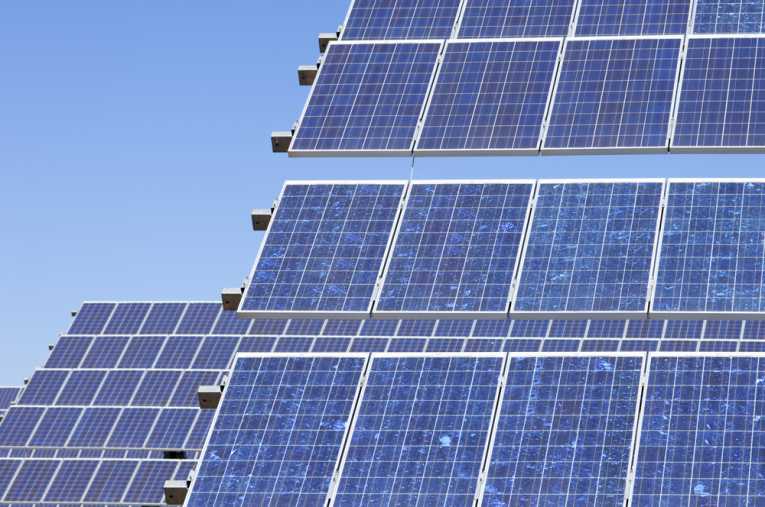The next chapter in the tale of JinkoSolar begins Monday. Where it goes from there is anyone's guess.
Last month the Chinese government forced JinkoSolar, a solar power product manufacturer, to shut down its plant in the east-China city of Haining, home to some 650,000 people. The closure came on the heels of days-long protests by hundreds of locals who claimed that the JinkoSolar plant was contaminating water and killing fish.
Less than three weeks later, the plant is opening back up.
Production will resume Monday, 10 October, following what JinkoSolar claims was an exhaustive investigation into the alleged pollution. The investigation, which was carried out by Zheijang Jinko Co., a subsidiary of JinkoSolar, found that the plant had indeed discharged fluoride into a nearby waterway after "unforeseen extreme weather conditions." The study concluded that the fluoride released by the plant was small and "diluted within days."
Recharge News quoted a statement from the company that reads, "Current fluoride concentration levels are undetectable in the [nearby waterway], and examination of Jinko's operations were determined to be in compliance with environmental codes and acceptable to resume operations."

Solar panels via Shutterstock
The closing of the plant was seen by some as a sign of increasing environmental awareness on the part of Chinese authorities and Chinese citizens. Following the closure, Phelim Kine, senior Asia researcher for New York-based Human Rights Watch, told AFP, "Citizens, particularly a rising Chinese middle class, have become more aware about how deep the impact of environmental issues is to their health. They are no longer willing to take it passively."
For its part, the Chinese government amped up the anti-pollution rhetoric. The same week that it order production suspended at the JinkoSolar plant, state-run media was rife with stories about how China will "reevaluate and revise a series of environmental quality standards." Xinhua, The China Daily and China Radio International all carried stories that detailed anti-pollution remarks made by Zhou Jian, China's vice minister of environmental protection.
Another caveat to this story is the trade battle brewing between the U.S. and China with regard to green technology, in particular solar power manufacturing. Bloomberg reported on 29 September that the U.S. solar industry - with the dust yet to settle after the bankruptcy of government-back solar company Solyndra - is preparing to formally file fair-trade complaints against China and its heavily subsidized solar industry. In addition to subsidies, America's solar industry has levied complaints about what it perceives as lax environmental standards that help drive down production costs.
As such, there is a confluence of storylines with regard to JinkoSolar. How will people in Haining, who were driven to (sometimes violent) protests, respond to the reopening? How might the Chinese government, insisting more than ever that it is taking pollution seriously, treat a second offense? And how will the U.S., already irked by lax standards, treat the brevity of JinkoSolar's shutdown?
There will be another chapter to this story. It just hasn't been written yet.
Clean Error is an Earth Times blog that looks at China's position as both the world's biggest polluter and fastest-growing manufacturer of green technology. The views and opinions expressed in this article are those of the author. Follow David on Twitter @davidvranicar.










